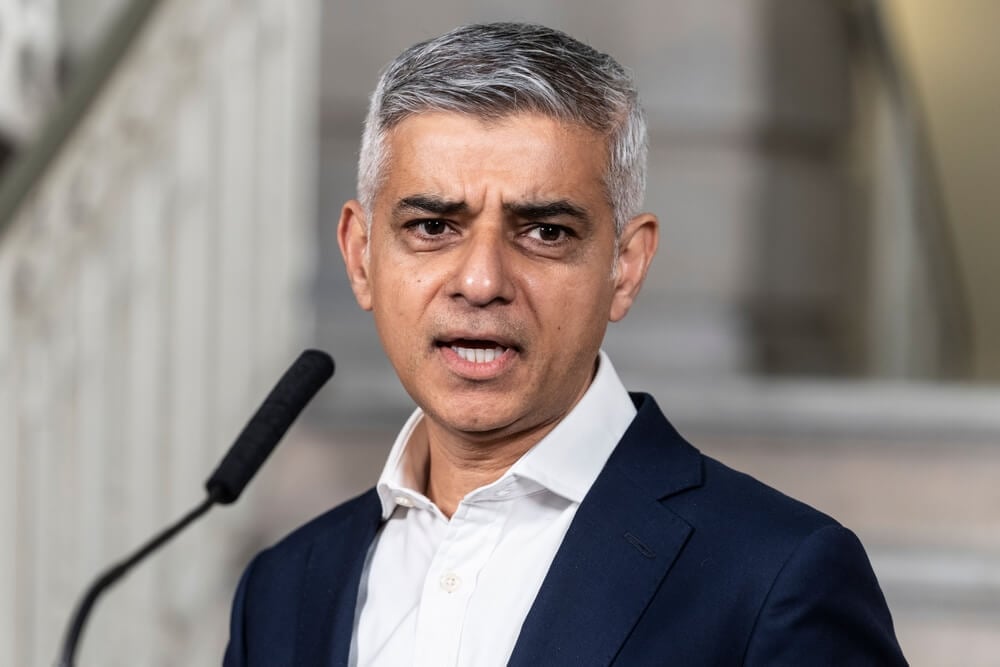Are the British starting to suffer from climate fatigue?
As heads of government prepare to head to Brazil for the 30th COP climate summit - Donald Trump will not be joining them - there are subtle indications that man-made global warming is slipping down the list of many people’s biggest concerns.
While around 70 per cent of Britons accept the scientific consensus that the global climate is changing for the worse due to human activity, there are growing doubts and political tensions around strategies to confront the challenge.
Amid continuing economic gloom and ahead of a potential tax-imposing budget, many are understandably prioritising the short term ahead of the existential climate threat.
In a telling survey last month, two-thirds of respondents told the YouGov pollster that halting further energy price rises was a greater priority than removing fossil fuels from the UK’s electricity supply.
Climate perception inertia
Climate fatigue is not confined to the UK. Based on surveys undertaken there and in seven other countries a year ago, a report for the Reuters Institute identified what it called ‘climate perception inertia’ to describe stagnating public engagement with climate news, despite the growing urgency of the crisis.
Developments in the UK nevertheless serve as an indicator of the challenges facing campaigners elsewhere as they seek to keep the issue high on national and international agendas.
These include the arguably opportunistic politicisation of a topic on which there was previously a wide degree of cross-party consensus.
Such climate dissent has emerged at a time when the government seeks to promote the argument that its green energy policies offer bigger economic benefits than costs.
Kemi Badenoch abandoned her party’s previous commitment to reach a net zero goal by 2050
Conservative opposition leader Kemi Badenoch challenged the political consensus earlier this year when she abandoned her party’s previous commitment to reach a net zero goal by 2050, claiming it would be impossible without bankrupting the country.
She went further last month, saying she would seek to repeal the Climate Change Act that was brought in by her own party to set long-term budget goals that would be binding on future governments.
Her pledge sparked a backlash from three previous Conservative prime ministers, including Boris Johnson, who said rubbishing the green agenda would not win the party the next election.
Resisting a growth of climate denial
That does not appear to be a concern for the right-wing Reform party, currently leading in opinion polls, which has reinjected some old-style climate change denial into the current debate.
Party leaders have challenged the scientific consensus, while councils Reform captured in elections in May have been rowing back on local green energy projects.
There have even been rumblings within the ruling Labour party, where the policy focus is firmly on the promise of economic gain.
Energy minister Ed Miliband last month introduced an update on government energy policy by saying Labour was pledged to clean energy and climate action because it was the route to making the British people better off.
However, the London mayor, Sadiq Khan, was among senior party figures who warned of Labour backsliding on climate for short-term economic gain at a time when the Treasury is under pressure to balance the books.
 Sadiq Khan was among senior party figures who warned of Labour backsliding on climate for short-term economic gain
Sadiq Khan was among senior party figures who warned of Labour backsliding on climate for short-term economic gain
In response to the perception that agreement on climate action is under strain, some MPs last month set up a cross-party caucus to defend proactive policies and resist a growth of climate denial.
Its Labour chair, Olivia Blake, blamed a breakdown of political consensus on a “coordinated, well-funded, international network of political actors who thrive on division and chaos”.
She said the fightback was not a party political issue but a matter of putting the country first, while pointing out that the UK’s net zero economy grew by 10 per cent last year at three times the rate of the overall economy.
Others, meanwhile, urged Prime Minister Keir Starmer to reaffirm a leadership role at next week’s COP30 in Brazil. A former Labour PM, Gordon Brown, wrote in the Guardian: “With the once-familiar pillars of the old world order crumbling and the US stepping away from action on climate crisis, it falls to others to assume global environmental leadership.”
The greatest con job
The UK is not an outlier when it comes to politicians challenging the consensus on climate change.
President Trump, who is shunning COP and began his second term by announcing his intention to withdraw the US from the 2015 Paris climate agreement, has dismissed climate change as the “greatest con job” in the world.
Despite shifts in the UK domestic debate, government statistics show minimal change in public attitudes, despite a slight drop in the number of people who express concern over climate change.
However, levels of concern were lower in some economically deprived regions that Reform will be targeting for future votes.
Amid the rising fortunes of the Green Party, a poll of its members indicated an overwhelming majority believe its leaders should focus on a range of issues and not just on climate change
Meanwhile, amid the rising fortunes of the Green Party, a poll of its members indicated an overwhelming majority believe its leaders should focus on a range of issues and not just on climate change.
If UK climate campaigners are looking for some positive news in a challenging time, they could take some comfort from a recent trial in which a jury cleared three activists of causing a public nuisance by spraying the Stonehenge monument with orange dye.
While it is not known where the jury stood on climate change, they followed the direction of the presiding judge that, if individuals disagree with what the government is doing on certain matters, they are entitled to protest.